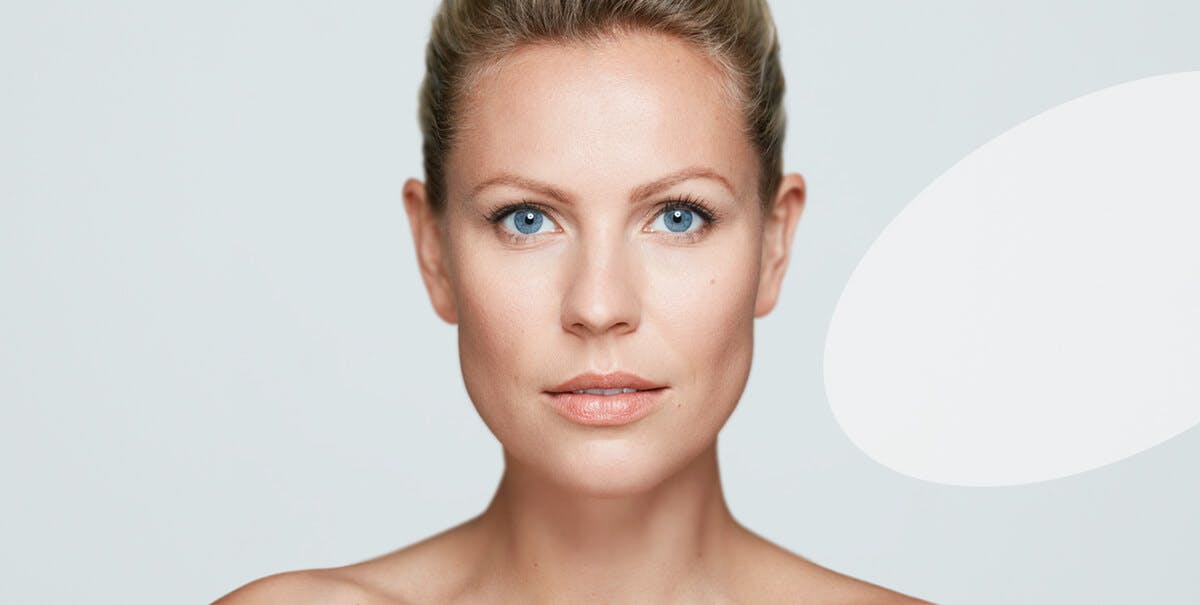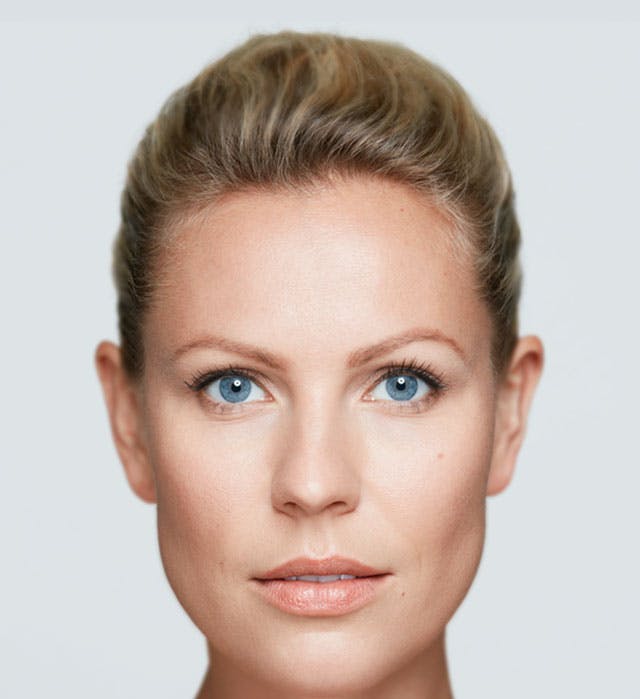What are cold sores?
Cold sores, also known as herpes labialis, are caused by the HSV-1 virus and are very common. They can be easy to recognise as they usually appear as red bumps or blisters around the lips and mouth.

What causes cold sores?
Cold sores are caused by HSV-1, a form of the herpes simplex virus. In fact, around 90% of adults have been infected with the HSV-1 virus because it’s so contagious. Once infected, the virus never leaves the body.
Most people aren’t exactly sure when they first encountered HSV-1. It’s often contracted in early childhood, and the first infection may not appear as a visible cold sore.
What happens when I get a cold sore?
For the majority of people, HSV-1 remains inactive throughout their lives and they may never know they have the virus. Around 1 in 3 people will experience recurrent infections. The HSV-1 virus ‘wakes up’, infects the cells in or around the lip or mouth and causes a visible and contagious sore. This usually happens after something has triggered the virus, like a run-down immune system or cold, dry weather leading to dry, chapped lips.

LEARN MORE ABOUT THE HERPES LABIALIS VIRUS

LEARN MORE ABOUT THE HERPES LABIALIS VIRUS

